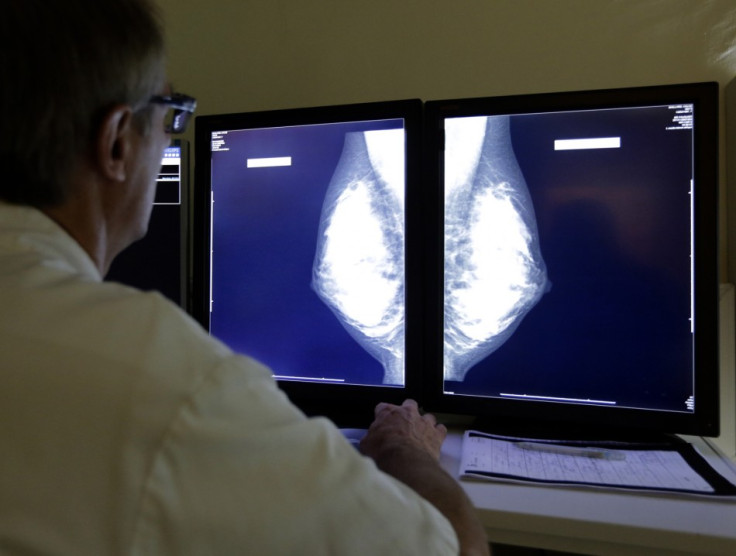3D Imaging Technology Could Improve Detection of Breast Cancer
An EU-funded research project is working on a 3D breast biopsy system to make tumour sampling far more accurate in the detection of breast cancer.

Breast cancer is the most common cancer affecting women, with 55,000 people diagnosed and 12,000 people dying from the disease annually according to Cancer Research UK.
In the EU, the European Commission estimates that a woman is diagnosed with breast cancer every 2.5 minutes and that one in 12 women will develop the disease before the age of 75.
The first diagnostic tool used to detect breast cancer is clinical imaging - either ultrasound or mammography. If anything is found, the second step is to confirm the diagnosis using a breast biopsy that extracts a tissue sample of the suspected tumour to test if it is cancerous.
The EU's Research Executive Agency is funding the Mammmocare project to develop a 3D Positron Emission Mammography (PEM) imaging breast biopsy system, which has the highest level of sensitivity and spatial resolution of all current imaging technologies on the market.
PEM is able to detect even the smallest lesions of 1.5-2mm in size that might not be detectable by MRI, x-ray or ultrasound.
First to market
The system, once ready, would be the first on the market to offer real-time guidance and correction of the needle used to gain tissue samples.
The Mammocare project consists of a consortium of three European companies with PEM imaging technology experience working together with research institutes from the UK, Spain and the Netherlands.
The project began in October 2013 and the consortium is currently working to develop the 3D PEM imaging breast biopsy system. Once the solution is ready, it will be tested in clinical trials that will be held in the Netherlands.
The EC and Mammocare have not released any further details about when the technology will be rolled out to the public.
You can learn more about early detection of breast cancer and what to do on the Breast Cancer Care website.
Read More:
© Copyright IBTimes 2024. All rights reserved.







